How to Use Tea Tree Oil for Acne Scars?
Evidence Based
All the information in this blog post is accurate, trustworthy, scientifically based and has been written and fact-checked by our experts and doctors.
Our licensed nutritionists and dietitians are committed to being objective, unbiased and honest, presenting all sides of the argument.
This article includes scientific references in brackets, which are clickable links to research papers from reputable academic organizations.

Acne scars can be frustrating to deal with, but natural remedies like tea tree oil have gained popularity for their effectiveness in fading them. Tea tree oil is derived from the leaves of the tea tree and has antibacterial and anti-inflammatory properties, making it effective in treating acne and its scars. In this article, we will discuss how to use tea tree oil for acne scars, what research says about its effectiveness, how often to use it, precautions, and other ways to use it.
Does Tea Tree Oil Help to Reduce Acne Scars?
Tea tree oil is considered an effective natural remedy for acne scars. It helps to unclog pores and reduce inflammation, which can prevent new acne from forming and exacerbating existing scars. Additionally, tea tree oil promotes the growth of new skin cells, which can help to fade acne scars and improve skin texture.
What Does the Research Say About Tea Tree Oil and Acne?
While more research is needed, some studies have shown that tea tree oil can be effective in treating acne. For example, a study published in the Medical Journal of Australia found that a 5% tea tree oil gel was as effective as a 5% benzoyl peroxide lotion in reducing acne lesions. Another study published in the Journal of Cosmetic Dermatology found that tea tree oil can reduce the severity of acne scars.
How to Use Tea Tree Oil for Acne Scars?
There are several ways to use tea tree oil for acne scars. The most common method is to dilute it with a carrier oil and apply it directly to the affected area.
Here are the steps to use tea tree oil for acne scars:
- Dilute tea tree oil with a carrier oil, such as jojoba oil or coconut oil, in a ratio of 1:10 (one drop of tea tree oil for every 10 drops of carrier oil).
- Cleanse your face with a gentle cleanser and pat it dry with a clean towel.
- Apply the diluted tea tree oil to the affected area with a cotton swab.
- Gently massage the oil into your skin using circular motions. Be careful not to apply too much pressure, as this can irritate the skin.
- Leave the tea tree oil on your skin for at least 30 minutes or overnight.
- Rinse your face with warm water and pat it dry with a clean towel.
- You can repeat this process once or twice a day, depending on the severity of your acne scars.
- Another way to use tea tree oil for acne scars is to add a few drops to your moisturizer or facial cleanser. You can also use a tea tree oil-infused face mask or steam your face with tea tree oil-infused water.
How Often Should You Use It?
You can use tea tree oil for acne scars once or twice a day, depending on the severity of your acne scars. However, it is important to monitor your skin for any signs of irritation and reduce the frequency of use if necessary.
Precaution to be Taken While Using Tea Tree Oil for Acne Spots
Tea tree oil is generally safe to use, but it can cause skin irritation in some people. Before using tea tree oil, it is recommended to do a patch test to ensure that you do not have an allergic reaction. If you experience any redness, itching, or swelling, stop using tea tree oil and consult a dermatologist. Also, tea tree oil should not be ingested or applied to the eyes, as it can be toxic.
Can Tea Tree Oil Cause Any Side Effects?
In rare cases, tea tree oil can cause side effects such as skin irritation, blistering, and itching. If you experience any of these symptoms, stop using tea tree oil and consult a dermatologist.
When to See the Doctor?
If you have severe acne scars or if tea tree oil does not improve your acne scars, it is best to see a dermatologist. They can recommend other treatment options such as chemical peels, laser therapy, or dermabrasion.
What are Some Other Ways You Can Use Tea Tree Oil?
Aside from using tea tree oil for acne scars, it can also be used for other skin conditions such as eczema, psoriasis, and dandruff. It can also be used as a natural insect repellent, antifungal agent, and household cleaner.
Are There Any Best Products Available in the Market to Get Rid of Acne Scars?
You can try ForMen Anti-Acne gel, which is designed to help reduce acne breakouts and the appearance of acne scars. It contains ingredients that have been proven to be effective in treating acne and promoting skin cell regeneration.
Another key ingredient in the gel is niacinamide, which is a form of vitamin B3. Niacinamide has anti-inflammatory properties that help to reduce redness and swelling associated with acne breakouts. It also helps to regulate sebum production, which can help prevent future breakouts.
ForMen anti-acne gel also contains tea tree oil, which has antibacterial and antifungal properties that help to kill acne-causing bacteria and reduce inflammation. Additionally, tea tree oil can help to promote the growth of new skin cells, which can help to fade acne scars and improve skin texture.
To use ForMen anti-acne gel, simply apply a small amount to the affected area after cleansing your face. You can use it twice daily, morning and night, to help reduce the appearance of acne scars and prevent new breakouts from forming.
Tea tree oil is a natural remedy that has been proven effective in reducing acne scars. However, it is important to dilute it properly and use it with caution to avoid skin irritation. By following the steps mentioned above, you can safely and effectively use tea tree oil to reduce your acne scars. If you have any concerns or questions, it is always best to consult a dermatologist for advice.
FAQs:
Q) Does tea tree oil really prevent acne?
Q) How long will it take for tea tree oil to remove a scar?
Q) What are some of the best essential oils for removing scars?
- Lavender oil: Has skin regenerating properties that can help to improve the appearance of scars.
- Frankincense oil: Can help to reduce the appearance of scars by promoting skin cell regeneration.
- Helichrysum oil: Has anti-inflammatory properties that can help to reduce redness and swelling associated with scars.
- Rosehip oil: Rich in antioxidants and vitamins, can help to improve skin texture and reduce the appearance of scars.
Q) Can tea tree oil get rid of dark spots?
A) Yes, tea tree oil can be effective in reducing the appearance of dark spots. Its antibacterial and anti-inflammatory properties can help to reduce inflammation and redness associated with dark spots. However, it may take several weeks or months of consistent use to see significant improvement.
[ Also Read: Best Home Remedies to Remove Dark Spots on Face ]
Q) Can you put tea tree oil directly on your skin?
A) It is not recommended to put undiluted tea tree oil directly on your skin as it can cause skin irritation and sensitivity. It is important to dilute tea tree oil with a carrier oil, such as coconut oil or almond oil, before applying it to the skin.
Q) Can I leave tea tree oil on my face overnight?
Q) How do you get rid of scars from your face fast?
- Applying vitamin E oil or aloe vera gel to the affected area.
- Using a silicone gel or sheet to promote healing.
- Consistently using products containing ingredients such as tea tree oil, salicylic acid, or alpha hydroxy acids to promote skin cell regeneration and reduce inflammation.
- Seeking professional treatment such as chemical peels or laser therapy.
Q) Is Tea Tree Oil Soap good for acne?
Also Read the Related Articles:
Disclaimer: The information provided on this page is not a substitute for professional medical advice, diagnosis, or treatment. If you have any questions or concerns about your health, please talk to a healthcare professional.
 Evidence Based
Evidence Based
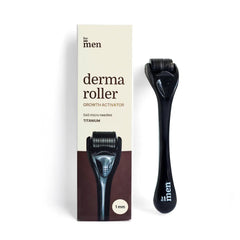
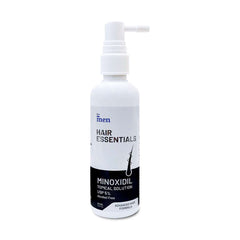
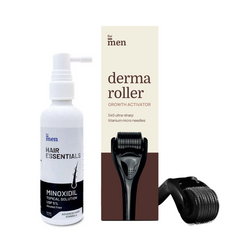
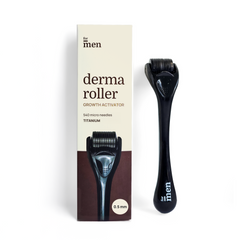

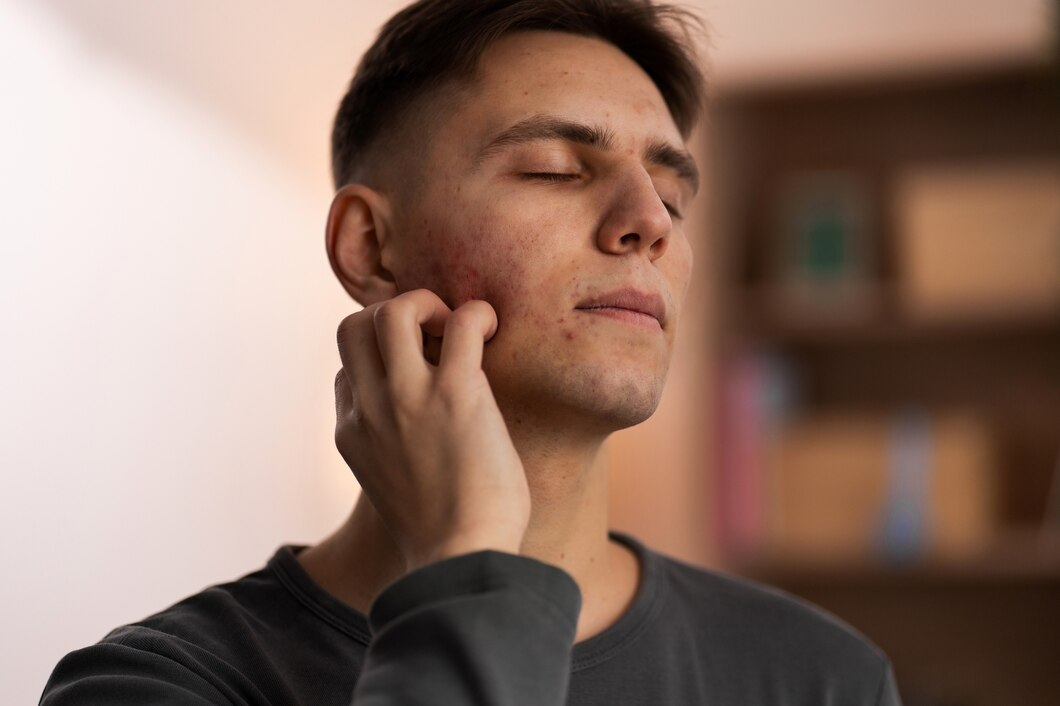

Leave a comment